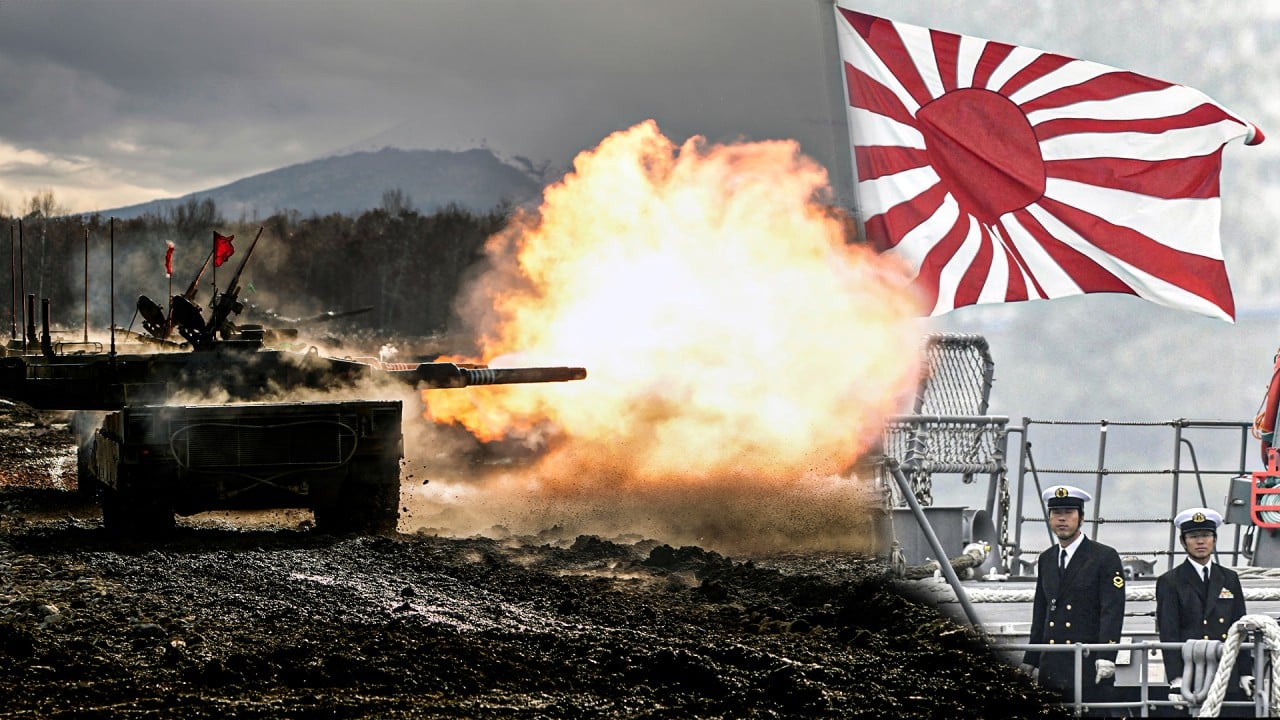Kishida, who saw his public support erode amid a series of scandals and amid political squabbling, will not seek re-election in the Liberal Democratic Party (LDP) leadership race, local media, including public broadcaster NHK, reported citing senior administration staff.
His decision to quit will trigger a contest to replace him as party boss, and by extension as prime minister of the world’s fourth-biggest economy.
Kishida’s successor will face rising living costs, escalating geopolitical tensions, and the potential return of Donald Trump as US president next year.
Kishida was due to hold a news conference later on Wednesday, local media reported.
As the country’s eighth-longest serving post-war leader, Kishida led Japan out of the Covid-19 pandemic with massive stimulus spending, but later appointed Kazuo Ueda, an academic tasked with ending his predecessor’s radical monetary stimulus, to head the Bank of Japan (BOJ).
The BOJ in July unexpectedly raised interest rates, contributing to stock market instability and sending the yen sharply lower.
If the “reporting is accurate, we should expect tighter policy or neutral but slightly tighter fiscal, monetary conditions depending on the candidate”, said Shoki Omori, chief Japan desk strategist, Mizuho Securities, Tokyo.
“In short, risk-assets, particularly equities, will likely be hit the most,” he added.
In another break from the past, Kishida also eschewed corporate profit-driven trickle-down economics in favour of policies aimed at boosting household incomes, including wage hikes and promoting share ownership.
Kishida, who has overseen improving relations with South Korea, could in theory govern until 2025, but there was speculation that he might call a snap election.
NHK reported that voices inside the LDP have been growing that the party won’t be able to fight elections under the Kishida government.
Kishida has also faced severe criticism over a major funding scandal within the party.
The prime minister “seems to have judged that he himself needs to take responsibility in order to dispel growing distrust”, NHK said.


